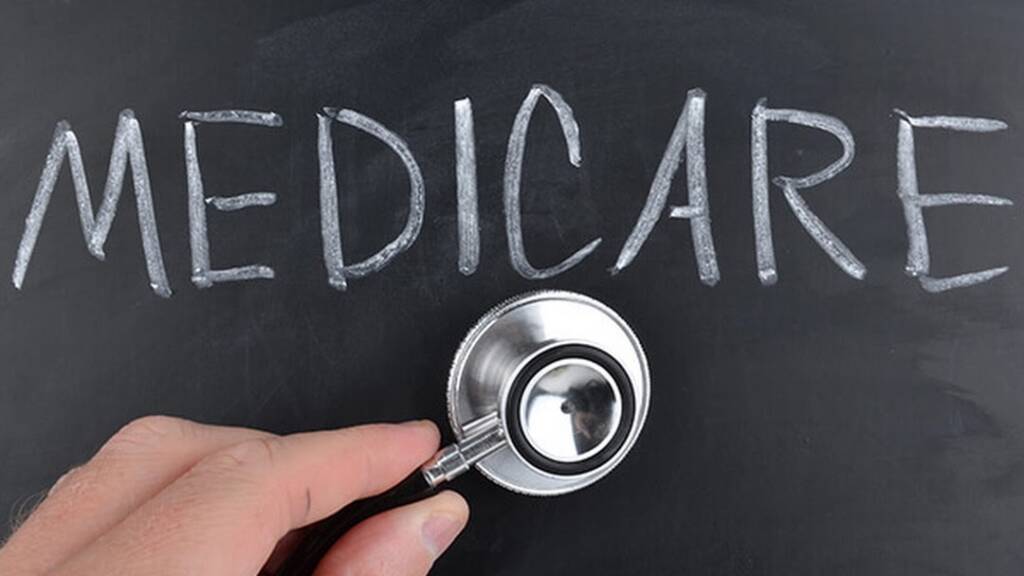
Approximately 17.2 percent of the U.S. population is covered by Medicare.
Do you know if you qualify? Do you have questions about how to get signed up or when you can start claiming Medicare benefits?
If so, keep reading. Explained below are answers to five of the most frequently asked questions about Medicare.
You’ll find everything you need to know for yourself or your loved ones here.
- What is Medicare and How Does it Work?
First things first, let’s go over the basics.
Medicare is a federal health insurance program designed to provide coverage to members of certain populations. If fall into one of the following categories, you may qualify for Medicare coverage:
- You’re over the age of 65
- You are a younger person with a disability
- You are suffering from end-stage renal disease (a type of permanent kidney failure
There are several different types of Medicare plans that offer different kinds of coverage.
- What Does it Cover?
There are four main parts to Medicare, and each part provides you with a different type of coverage.
Part A, for example, covers hospital care, time spent in nursing facilities, and some kinds of at-home health services.
Part B, on the other hand, covers preventative services. This includes things like doctor’s visits, the cost of medical equipment, and diagnostic tests.
Part D helps to cover the cost of prescription drugs.
Medicare Part A is usually free, but Parts B and D come with premiums.
Medicare Part C
Medicare Part C gets its own section because it offers a wider range of benefits. Medicare Part C is also known as Medicare Advantage.
Medicare Advantage is offered by private insurance companies. It covers many of the same types of benefits as Medicare Part A and Part B. This includes inpatient hospital care, inpatient care in nursing facilities, and preventative health care. It also covers home health care and hospice.
In addition to these basic forms of coverage, Medicare Part C also offers some other benefits, including the following:
- Routine dental visits (cleaning, x-rays, dentures, etc.)
- Routine vision care visits (contacts, eyeglasses, etc.)
- Routine hearing care visits and the cost of hearing aids
- Fitness benefits like exercise classes and gym memberships
Because it comes with so many additional benefits, Medicare Part C does come with a higher premium than the premiums associated with Medicare Part B and Part D.
There are differences in the way your Medicare Part C plan will cover your benefits, too. It may only cover “Medicare-covered dental benefits” for example, which would mean you had coverage only in the event of an accident or illness. You can find more comprehensive plans than this, but they tend to have higher premiums.

3. When Does Medicare Take Effect?
If you signed up for social security before you turned 65, you’re automatically enrolled in Medicare. You’ll receive a card (similar to your other insurance cards) in the mail a few weeks before your 65th birthday.
4. When Can I Sign Up for Medicare?
If you aren’t signed up for social security benefits yet, you’ll need to do that before Medicare takes effect and you can start receiving benefits.
You can sign up for social security anywhere from three months before to three months after your 65th birthday to avoid a late-enrollment penalty. The sooner you sign up for social security, though, the better off you’ll be.
You can also sign up for additional Medicare plans (such as Medicare Part D) during this period.
Medicare Part C Enrollment
If you plan to sign up for Medicare Advantage, you’ll need to sign up before you automatically start receiving Medicare Part A and B Benefits.
You can sign up for Medicare Part C anywhere from three months before your Medicare Part A and Part B benefits kick in to one of the following dates:
- The last day of the month before you start receiving Medicare Part A and Part B benefits
- The last day of your Medicare Part B initial enrollment period
Whichever day is later will be the last day for you to sign up for Medicare Advantage.
You can also add to, drop, or change your plan during the Annual Election Period. This occurs each year from October 15 to December 7.
5. How Do I Sign Up for Medicare?
The process of signing up for Medicare is quite simple. There are a few different options available to you, including the following:
- Sign up online at SocialSecurity.gov
- Call the Social Security office between 7 am and 7 pm Monday through Friday
- Sign up in-person at your local Social Security office
When you sign up for Medicare, you’ll need to have some documents at the ready. These include your birth certificate, proof of United States citizenship, and your driver’s license.

child and adult holding red heart with stethoscope, heart health, health insurance concept
Tips for Choosing Medicare Coverage
If you’re getting ready to sign up for Medicare coverage but aren’t sure what kind of coverage is right for you, be sure to remember these tips. They’ll help you sort through your options and make the right decision for your needs:
Cost
How much can you afford to spend on monthly or annual premiums?
Coverage
Does the plan you’re considering provide adequate coverage for your current healthcare needs? What about your future needs?
Doctor and Hospital Choices
Does the plan you’re considering include your current doctor? What about your preferred hospital?
Care Quality
Are people generally happy with the quality of care they receive under the plan you’re considering? Do some research to see what other people have to say about it.
Sign Up for Medicare Today
Now that you know more about what Medicare is, what it covers, and how you can sign up for it, it’s time to take action.
It doesn’t matter if it’s time for you to sign up for Medicare now or if you just want to make sure you’re prepared for the future. Either way, you ought to keep this information in mind. It’ll help make the sign-up process much easier and less confusing for you when the time comes.
For more information or to get your questions answered, go to thepauleyagency.com or call us at 314-282-7013
